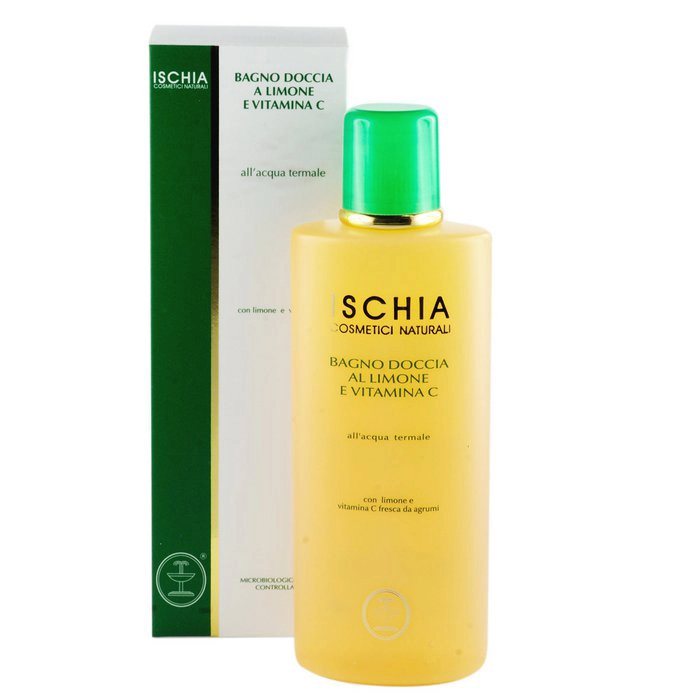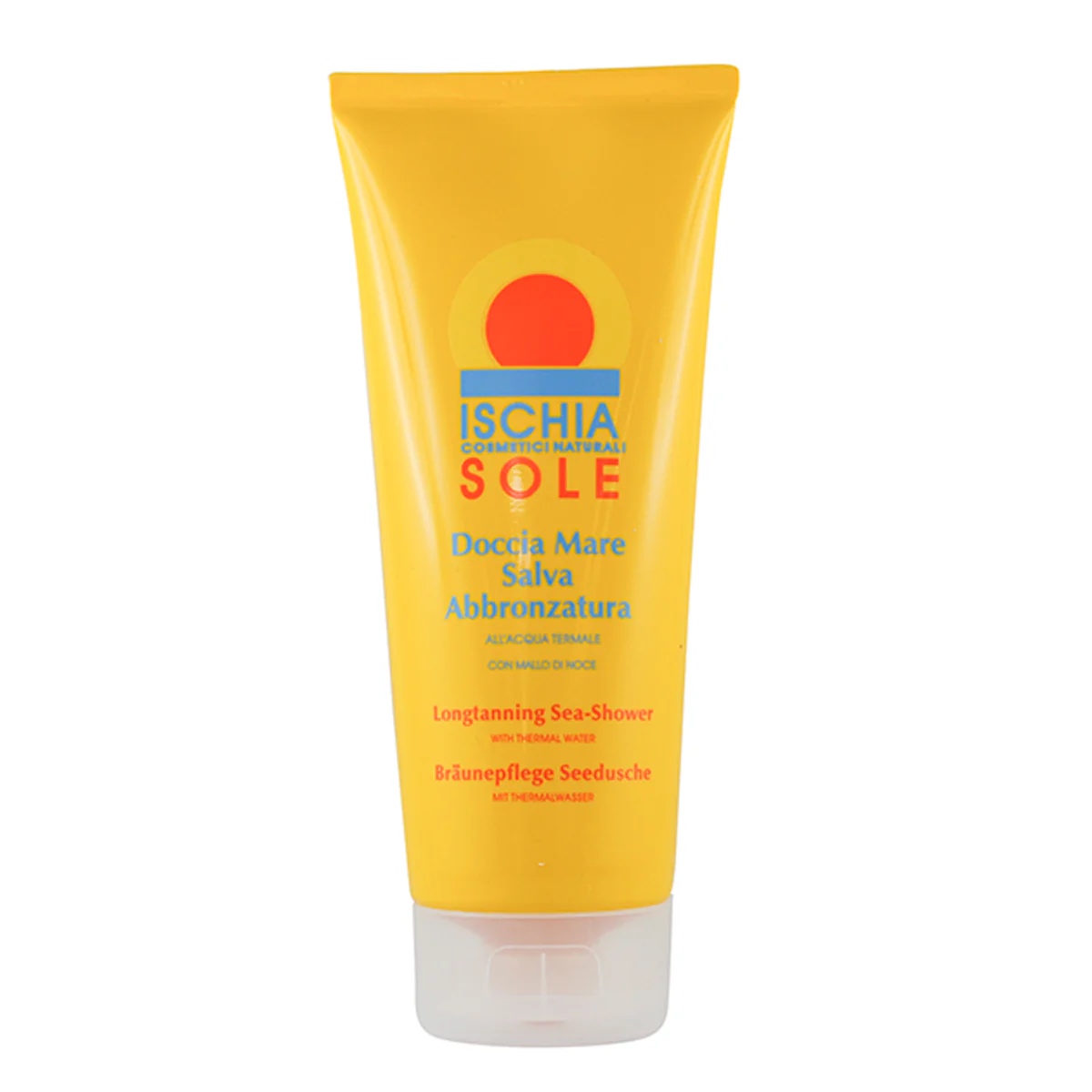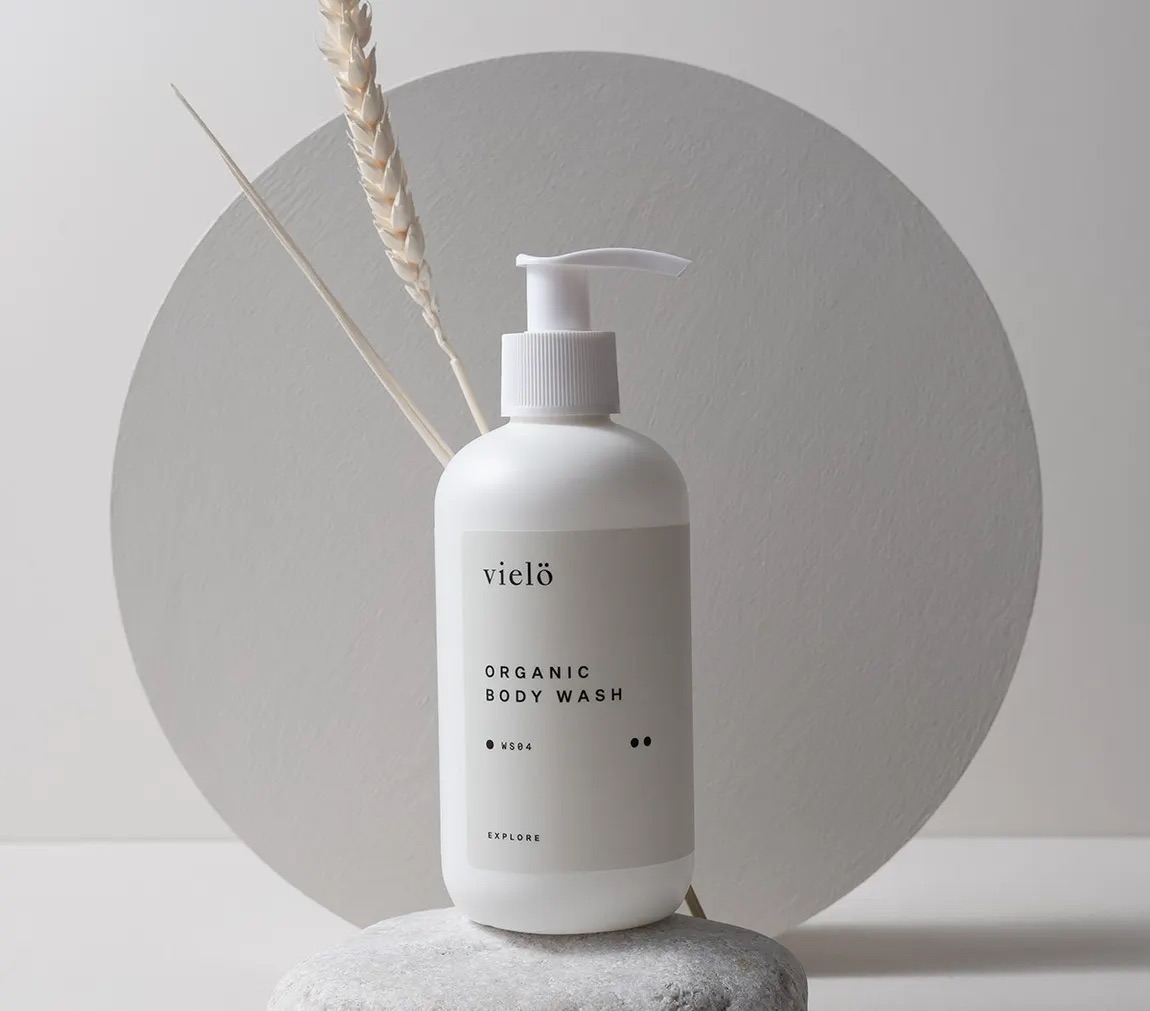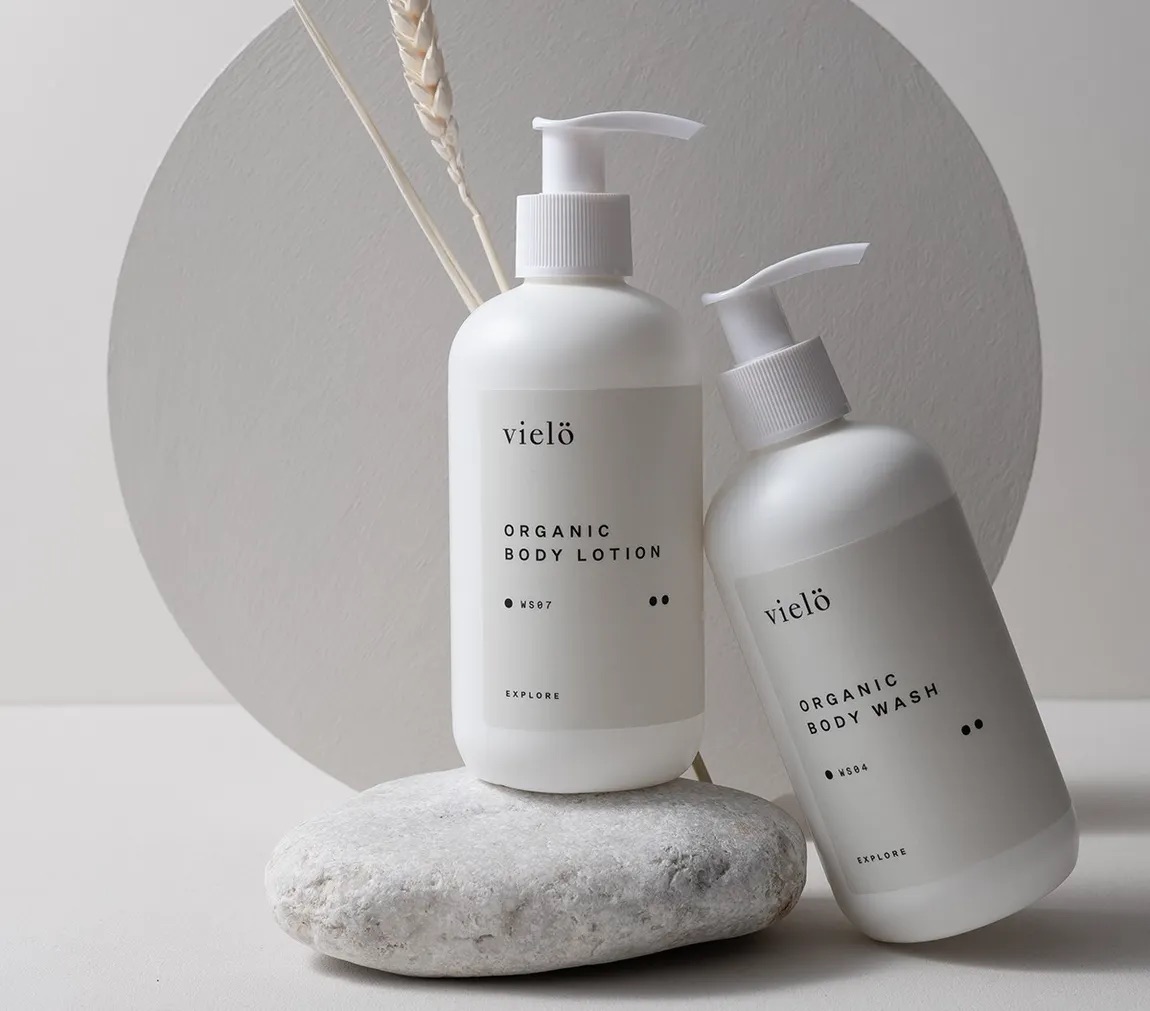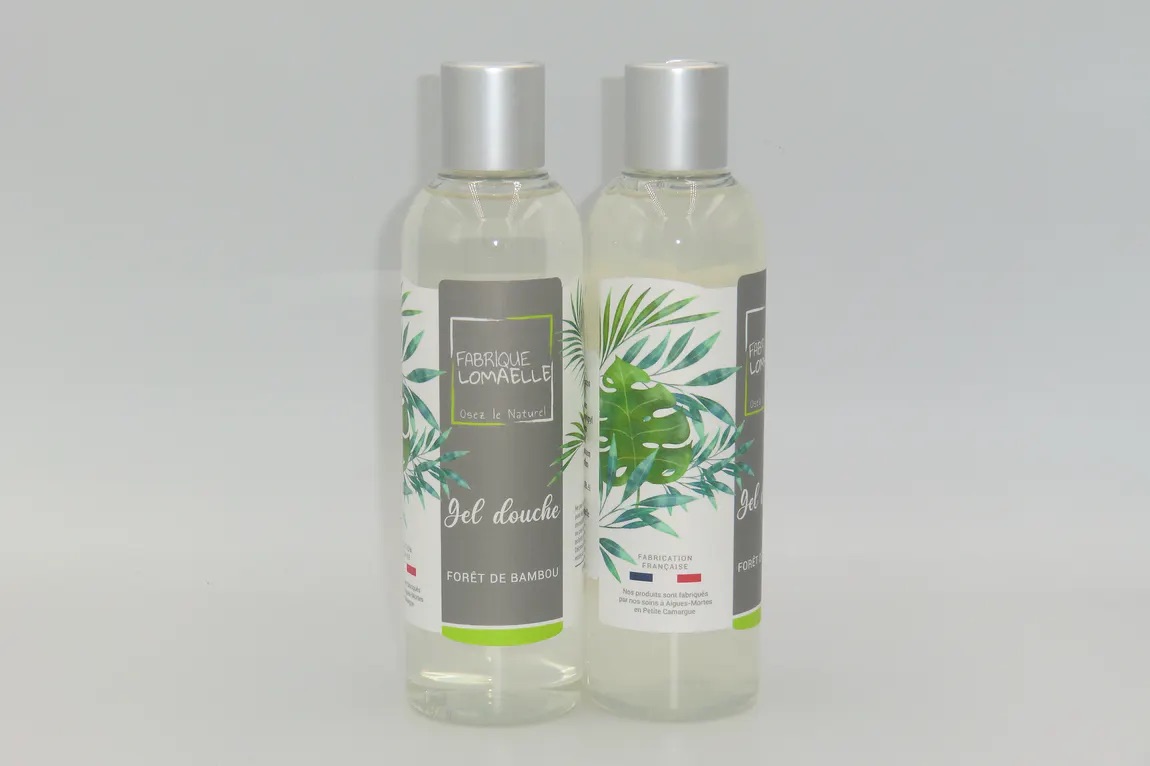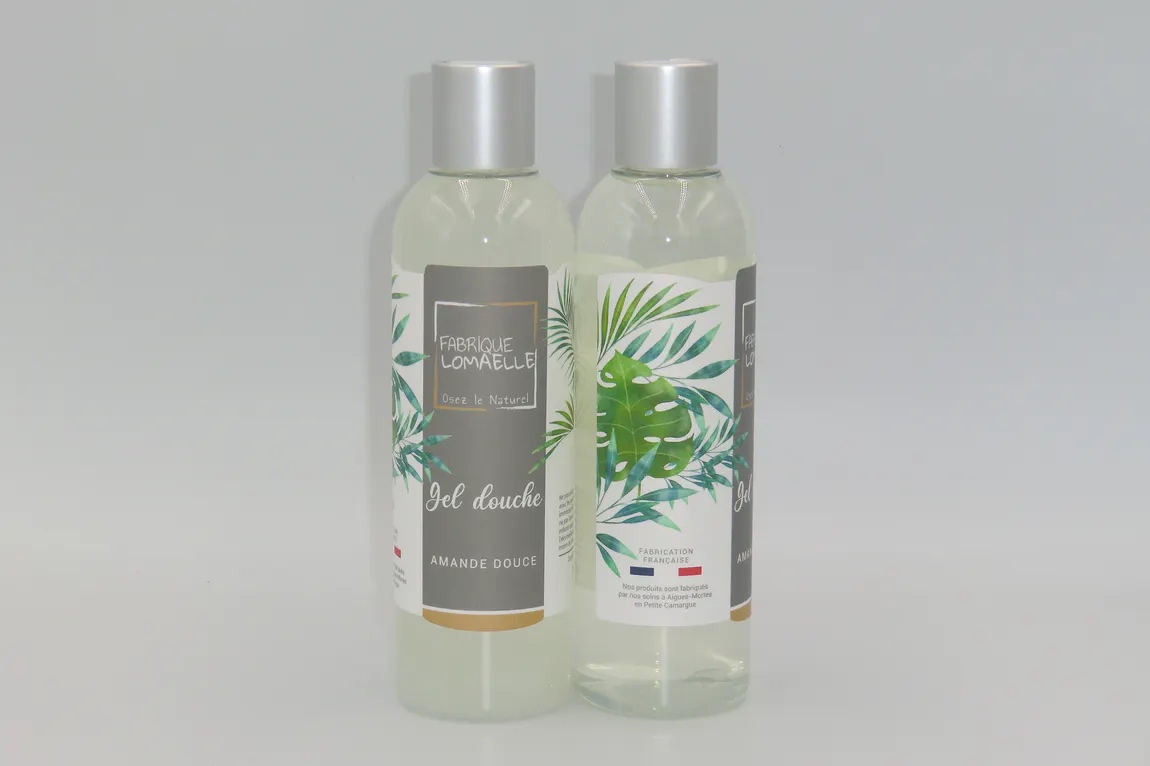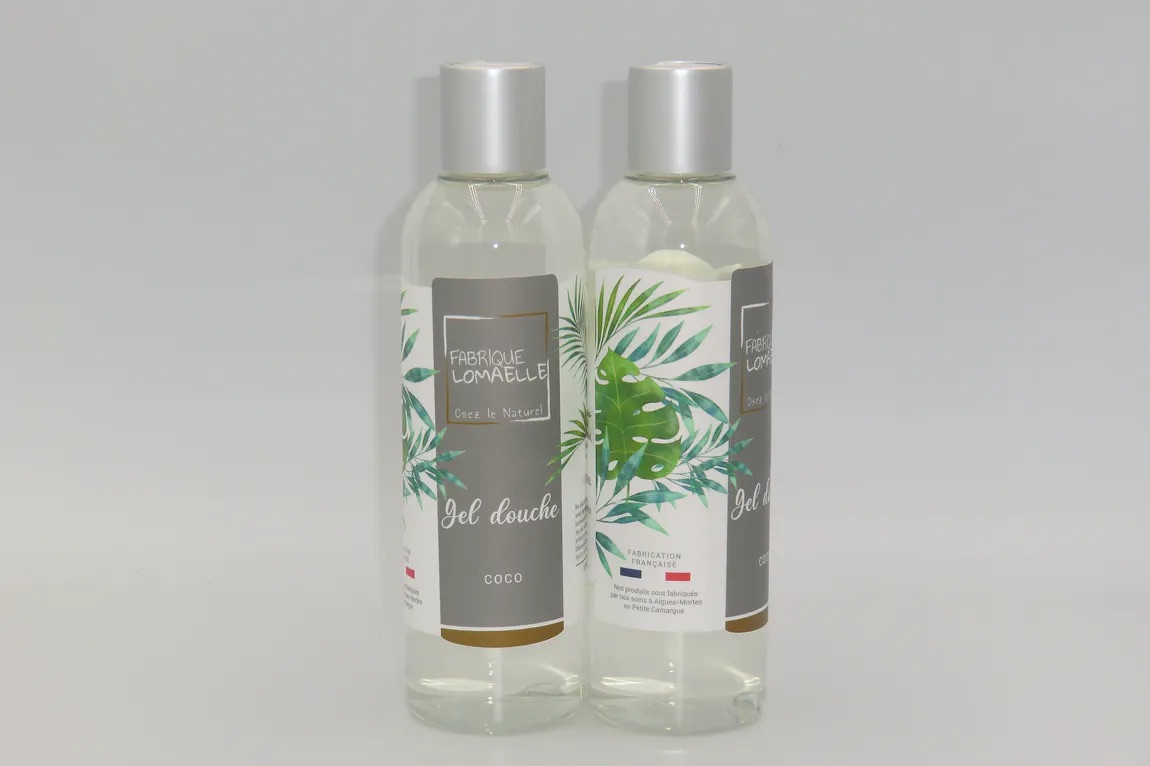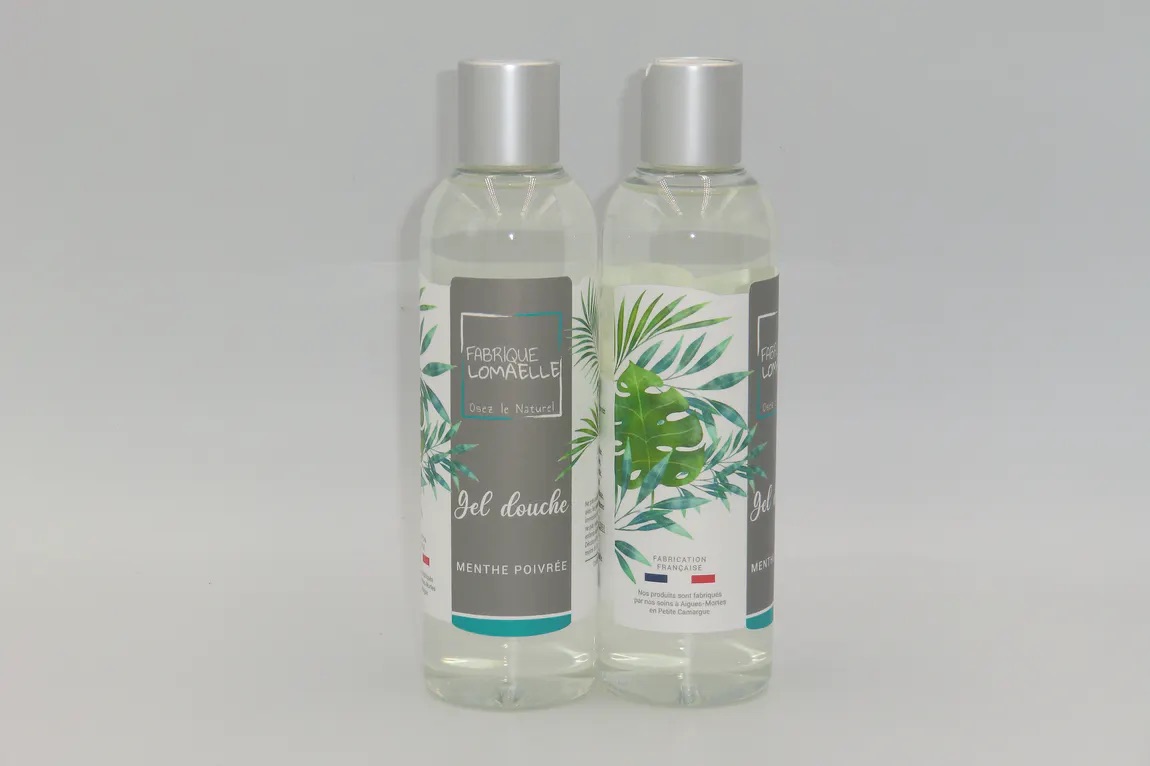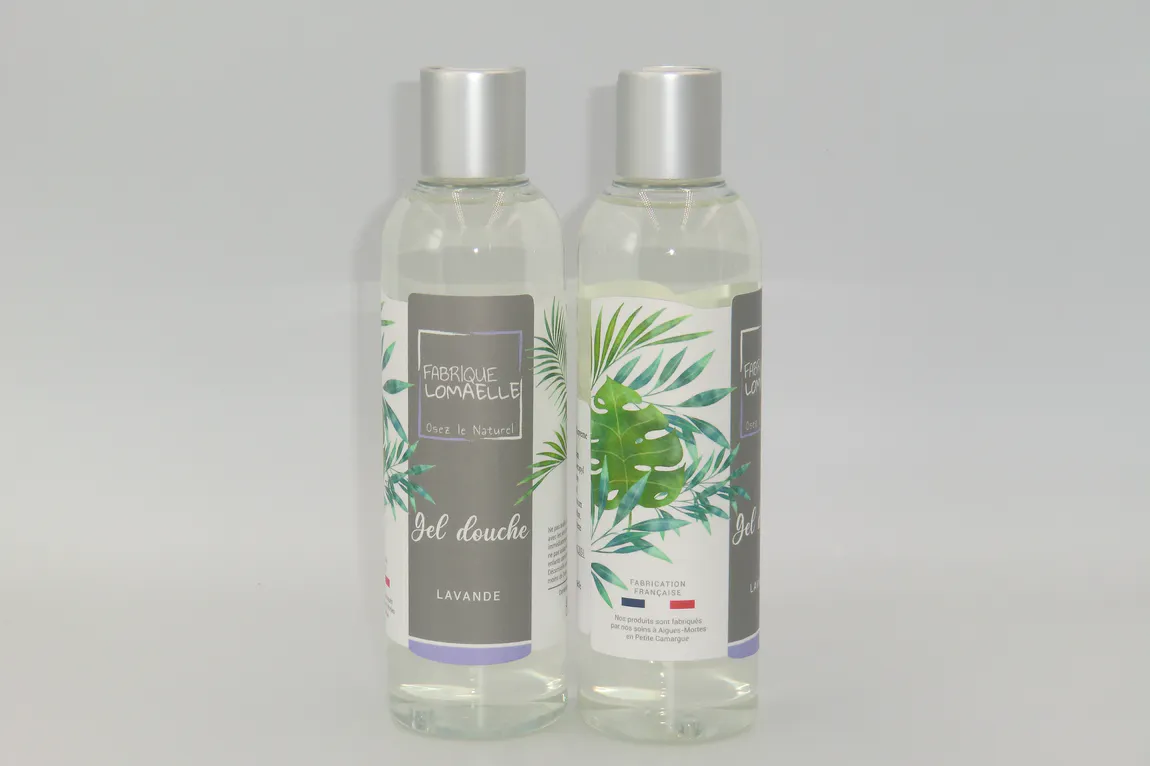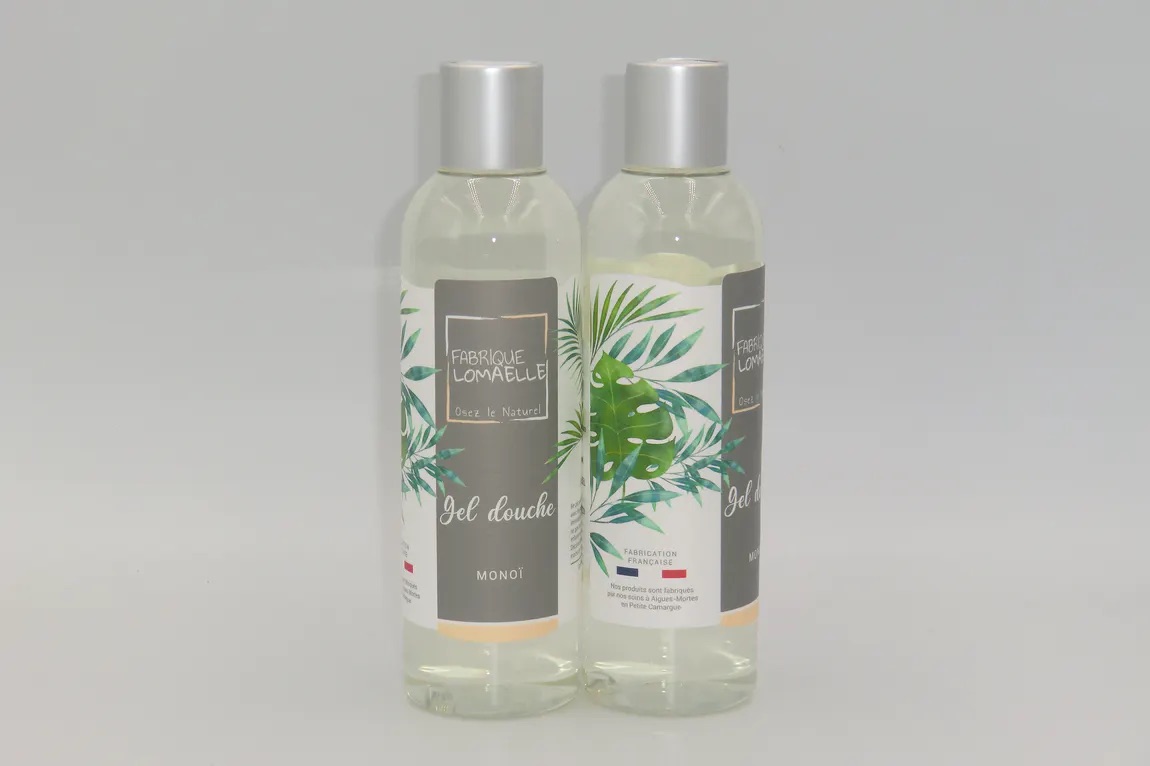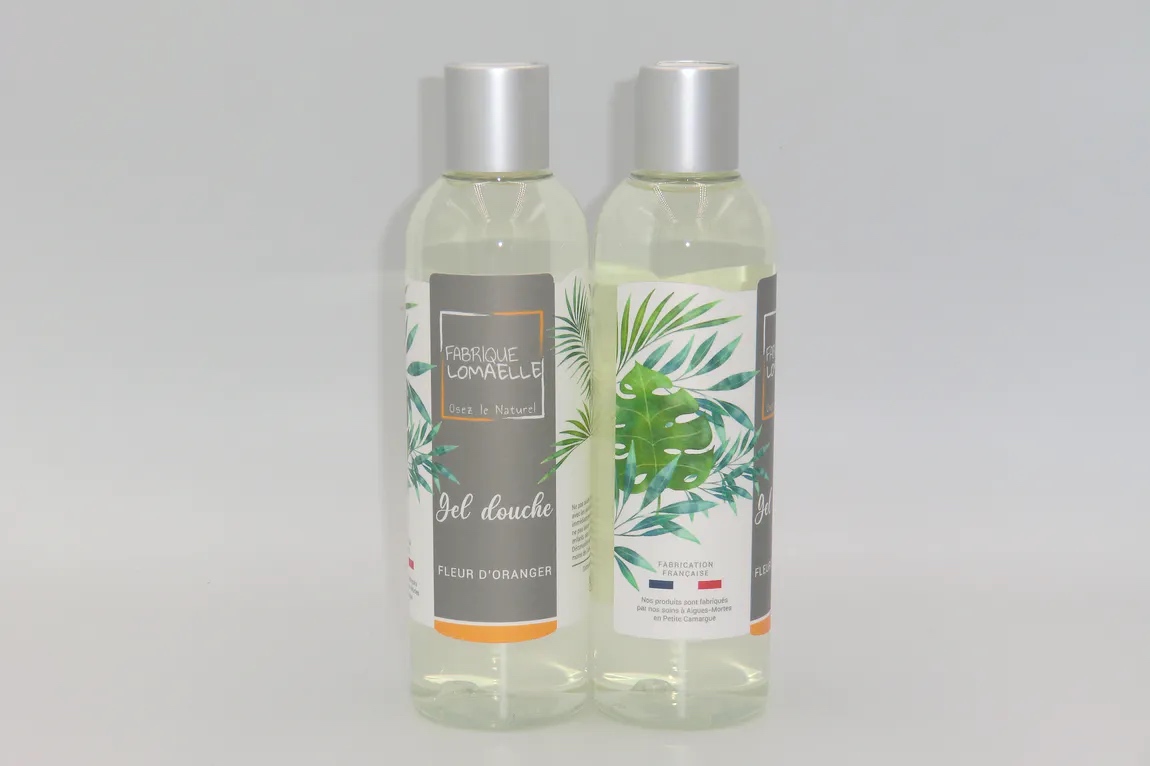Shower gel
Content: 200 ml (€5.45* / 100 ml)
Content: 250 Milliliter (€9.96* / 100 Milliliter)
Content: 500 Milliliter (€10.98* / 100 Milliliter)
Content: 250 Milliliter (€1.96* / 100 Milliliter)
Content: 250 Milliliter (€1.96* / 100 Milliliter)
Content: 250 Milliliter (€1.96* / 100 Milliliter)
Content: 250 Milliliter (€1.96* / 100 Milliliter)
Content: 250 Milliliter (€1.96* / 100 Milliliter)
Content: 250 Milliliter (€1.96* / 100 Milliliter)
Content: 250 Milliliter (€1.96* / 100 Milliliter)
What is shower gel and how does it affect the skin?
A high-quality shower gel is much more than just a cleansing product. It not only serves to remove dirt, sweat and excess sebum, but also plays a key role in caring for and protecting the skin. Modern shower gel formulations take into account different skin types, needs and preferences - from refreshing to soothing, from nourishing to clarifying.
The effect of a shower gelis based on surfactants that bind grease and dirt particles and remove them when rinsed off with water. At the same time, moisturising and lipid-replenishing ingredients can protect the skin from drying out. Fragrances provide a sensory experience that can relax or revitalise, depending on your choice.
Which shower gel is suitable for whom?
Normal skin
People with normal skin can use almost any shower gel, but should look for products with a balanced pH value so as not to irritate the skin. Additives such as aloe vera, camomile or panthenol help to balance the skin.
Sensitive or dry skin
For sensitive or dry skin, a particularly mild shower gel without aggressive surfactants is recommended. It should be as free as possible from alcohol, artificial colours and fragrances. Lubricating ingredients such as shea butter, almond oil or glycerine are particularly recommended.
Oily or blemished skin
A clarifying shower gel with antiseptic or astringent ingredients - such as tea tree oil, salicylic acid or zinc - can help with oily or blemish-prone skin. These formulations help to remove excess sebum and improve the skin's appearance.
How often should you use shower gel?
Many people take the daily use of shower gelfor granted. However, it is important to pay attention to the needs of your own skin. If you have very dry skin, you should not shower more than once a day and use a particularly gentle shower gel. After showering, it is advisable to apply a moisturising lotion.
What ingredients does shower gel contain?
The typical ingredients of shower gel can be divided into different categories: Cleansing substances (surfactants), conditioning components, fragrances, preservatives, colourants and moisturisers.
A typical INCI of a gentle, nourishing shower gel could be: Aqua, Sodium Coco-Sulfate, Coco-Glucoside, Glycerin, Sodium Chloride, Citric Acid, Parfum, Lactic Acid, Panthenol, Aloe Barbadensis Leaf Juice, Tocopherol, Benzyl Alcohol, Dehydroacetic Acid.
Why should you choose a natural shower gel?
A natural shower gel not only impresses with its skin-friendly ingredients, but also with its sustainable production and packaging. Many natural cosmetic products do not contain microplastics, silicones or synthetic fragrances. Instead, they contain plant-based oils, essential oils and mild plant-based surfactants that gently cleanse and care for the skin.
What role does the pH value play in shower gel?
The pH value of a shower gelhas a significant influence on skin balance. A pH value between 4.5 and 5.5 is ideal, as it corresponds to the skin's natural acid mantle. Products with a strongly alkaline pH value (e.g. pure soaps) can irritate and dry out the skin. A well-formulated shower gel takes this value into account and thus supports skin health.
Are there differences between men's and women's shower gels?
Basically, shower gelsfor men and women usually only differ in fragrance and packaging. The ingredients are similar. However, men's skin is often more oily and robust, which is why men's shower gels sometimes contain stronger cleansing substances or revitalising active ingredients such as menthol. For women, the focus is more on moisturising, fragrant or soothing ingredients.
How sustainable is shower gel?
Packaging
Most conventional shower gelsare sold in plastic bottles. Sustainable alternatives are refill systems, solid shower gels or glass bottles. Brands that use recycled plastic or plastic-free packaging also score points.
Ingredients
Many consumers now pay attention to the environmental compatibility of ingredients. Microplastics, synthetic polymers and non-degradable surfactants are being criticised. An environmentally conscious shower gel is based on natural, rapidly degradable raw materials.
How do I use shower gel correctly?
Dosage
Less is more: A hazelnut to walnut-sized amount of shower gel is usually enough to thoroughly cleanse the body. Using too much product puts unnecessary strain on the skin and the environment.
How to use
The shower gel should be applied to damp skin and lightly lathered. Then rinse thoroughly with water. A sponge or shower glove can additionally support the cleansing effect.
Which fragrances are popular for shower gel?
The world of fragrances for shower gelsis diverse. Citrus notes such as lemon or grapefruit have an invigorating effect, while lavender or rose have a calming effect. Exotic fragrances such as coconut or vanilla are very popular, while fresh variants with mint, eucalyptus or sea salt have a refreshing and revitalising effect.
What shower gel trends are there?
Solid shower gels
Solid shower gel does not require plastic packaging and usually lasts longer than liquid versions. It is particularly practical for travelling and often comes with a minimalist INCI list.
Probiotic shower gels
These innovative shower gels contain probiotic active ingredients that are designed to strengthen the skin flora. They are particularly suitable for sensitive and stressed skin.
Shower gels with combinations of active ingredients
Many modern shower gelscombine cleansing and nourishing active ingredients with anti-ageing effects, moisturisers or soothing plant extracts.
How do you recognise a good shower gel?
- Contains mild, skin-friendly surfactants
- Is free from microplastics and parabens
- Contains nourishing ingredients such as aloe vera or panthenol
- Has a skin-neutral pH value
- Has a pleasant but not overpowering fragrance
- Packaging is made from recycled or recyclable material
What role does skin care play after the shower gel?
Even the best shower gel can easily degrease the skin. It is therefore important to pamper your skin with a suitable moisturiser after showering. A rich body lotion or body oil is particularly recommended after shaving or if you have sensitive skin.
Why is shower gel also important for children or senior citizens?
Children's skin is particularly sensitive, senior citizens' skin is often dry - which is why specially formulated shower gels are needed. For children, the product should be very mild, fragrance-free and as natural as possible. Seniors benefit from moisturising, moisturising formulas.
How do medicinal shower gels differ?
Medicated shower gelsoften contain dermatologically tested active ingredients and are specially developed for problem skin - such as neurodermatitis, psoriasis or acne. They are free from irritating additives and are often fragrance-free.
What should I consider when buying a shower gel?
When buying a shower gel, it is worth paying attention to the INCI list, the pH value and the skin compatibility. If you are concerned about environmental aspects, you should look out for natural cosmetics labels or zero-waste options. Fragrance also plays a decisive role in personal well-being.
Conclusion: Why is it worth choosing a high-quality shower gel?
A good shower gel is not just a cleansing product, but also a care experience for the body and senses. It cleanses gently, cares for the skin, smells pleasant and makes you feel fresh - day after day. If you make a conscious choice, you not only support your skin, but also the environment.

